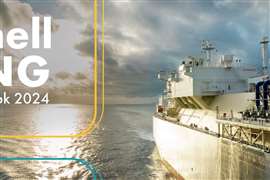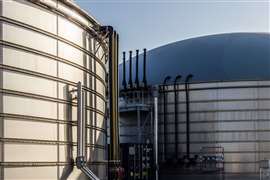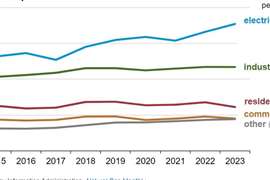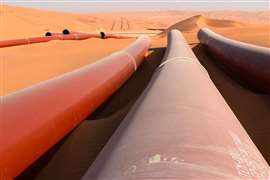ABB rebrands turbocharging division
15 February 2022
New name is Accelleron
ABB unveiled a new brand name for its turbocharging division, which focuses on heavy-duty turbocharging for diesel and gas engines.
The new brand name Accelleron is a combination of Access – Accelerate – Excel – on and on. The company said the company’s new color of bright purple represents a powerful, inspirational, and noble brand.
The new brand builds on the company’s legacy of over 100 years in turbocharging, embodying the ambition to continue its development as a global market leader in its sectors, the company said. The first practical application of turbochargers, which were invented by Swiss national Alfred Büchi, was for large marine engines built by Brown Boveri & Co. (now ABB) in 1924.
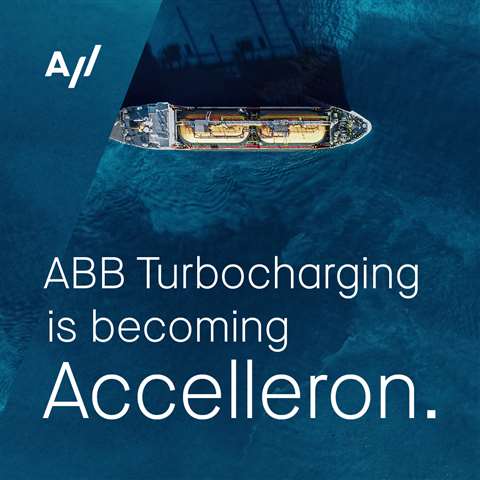 (Image:ABB)
(Image:ABB)
The new brand is part of ABB’s portfolio management strategy to operationally separate the turbocharging division before a final decision is made between a sale or a spin-off of the business towards the end of the first quarter. Whichever path is chosen by ABB to separate the business, this process should be completed in the first half of 2022.
“Unveiling the Accelleron brand is a seminal moment for our business. We are proud about our heritage but are also excited about our next chapter of growth, providing cutting-edge technology and service solutions for our clients,” said CEO Oliver Riemenschneider, who will be succeeded by Daniel Bischofberger on March 1. Bischofberger is rejoining ABB from Sulzer. In the case of a spin-off, Riemenschneider is expected to become chairman of Accelleron.
Accelleron focuses on 0.5 to 80+ MW engines, in the marine, energy, rail, and off-highway sectors. It has an installed base of approximately 180 000 turbochargers and a network of more than 100 service stations worldwide.
In 2021, it achieved revenues of approximately US$750 million and has over 2300 employees worldwide, of which roughly 800 are located at its headquarter and global R&D center in Baden, Switzerland.
The company said one key market factor is decarbonization driven in part by international and national regulations. For example, the International Maritime Organization’s goal of halving GHG emissions from ships by 2050 is driving demand for efficient and sustainable technologies. Upgrades and new net-zero carbon fuel technologies are expected to support the strategic direction of the business in the next years. Accelleron is leading in technology and commercial prototype projects with alternative fuels such as hydrogen, methanol, and ammonia.
Turbochargers enable significant improvements in efficiency, increasing engine output by up to 300% and thereby energy efficiency by up to 10%, the company said. Conventional engines would be up to four times their size without a turbocharger. Under ideal conditions, ABB’s turbochargers offer a further 2% improvement compared to the industry benchmark, amounting to US$1 million in lifetime savings for a large container vessel.
ABB’s turbochargers reduce fuel consumption and hence CO2 emissions by an average of 405 000 tons per annum4 for the shipping industry alone, while also playing a crucial role in balancing power for national grids, power extensions in emerging economies and microgrids as well as back-up power for critical infrastructure, e.g. data centers.



